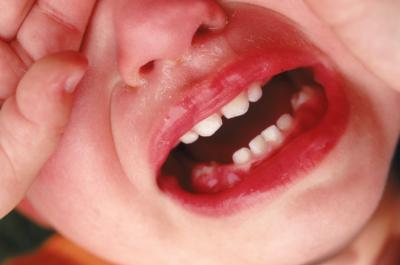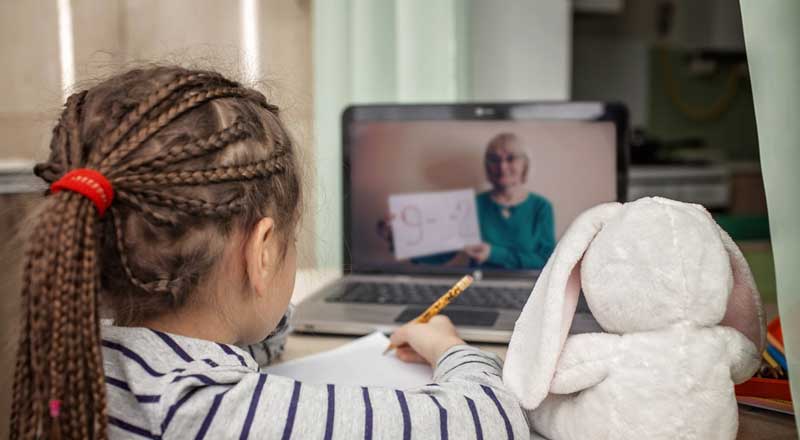Baby teeth don’t remain in your child’s mouth forever. These temporary placeholders, which first begin to erupt around the first half-year of your child’s life and start falling out around the age of 6 years, require diligent care. Problems result when your child loses baby teeth too early — and some of these complications can be serious.
Baby Teeth: The Basics
According to the American Dental Association, your child’s baby teeth — also called primary teeth and, less formally, “milk teeth” — are just as important as her permanent teeth. Baby teeth let your child chew, ensuring that she gets adequate nutrition. They help her articulate words appropriately as she learns how to speak. Baby teeth also serve as placeholders until permanent teeth come in.
Early Loss
Losing baby teeth too early, either by decay or through an accident in which the teeth are knocked out, can make a child’s permanent teeth come in before they’re due, says the American Academy of Pediatrics, or AAP. Because your child’s mouth still has limited space, these teeth often grow in misaligned. According to dentist John E. Nathan in an article for the AAP, it’s essential that baby teeth be treated when they become decayed. Dental caries — also known as cavities — can make your child’s mouth sensitive to heat and cold, resulting in pain and discomfort. However, decay of the baby teeth can spread to the deeper tissues in the gum and result in even more severe complications, such as facial cellulitis, a bacterial infection characterized by swelling of the face and eyes.
Baby-Bottle Tooth Decay
Baby-bottle tooth decay is the name given to tooth decay and tooth loss in young infants. As soon as your child’s first tooth comes in, she’s already at risk for tooth decay. Baby-bottle tooth decay generally affects the upper front teeth, says the ADA, and it can be caused by a conflagration of factors. Prolonged exposure to sugary liquids, such as fruit juice, breast milk, milk and baby formula, can cause tooth decay. For example, putting your baby to sleep with a bottle makes her teeth more vulnerable to the bacteria that cause plaque and cavities. Dipping a pacifier in honey or sugar or even cleaning your infant’s pacifier in your own mouth before giving to your baby also makes her teeth more susceptible to the bacteria that causes tooth decay.
Protecting Baby Teeth
Early tooth loss can be prevented even before your infant gets his first tooth, according to the ADA. Wipe your baby’s gums with clean gauze after each feeding to remove plaque. Never put your child to sleep with a baby bottle unless it contains only water. Present him with clean pacifiers and clean spoons — avoid putting these items in your own mouth. After the first baby teeth come in, gently brush them with a child’s toothbrush using only water. When your child reaches the age of two, start using a small dab of fluoride toothpaste — make sure your child knows to spit out the toothpaste. According to the ADA, once your child reaches the age of 6, he can brush his teeth himself.
See a Dentist
Regular dental visits are essential to nipping tooth decay and early tooth loss in the bud. According to the ADA, your infant should make his first visit to the dentist no later than her first birthday or within six months after her first tooth erupts.





